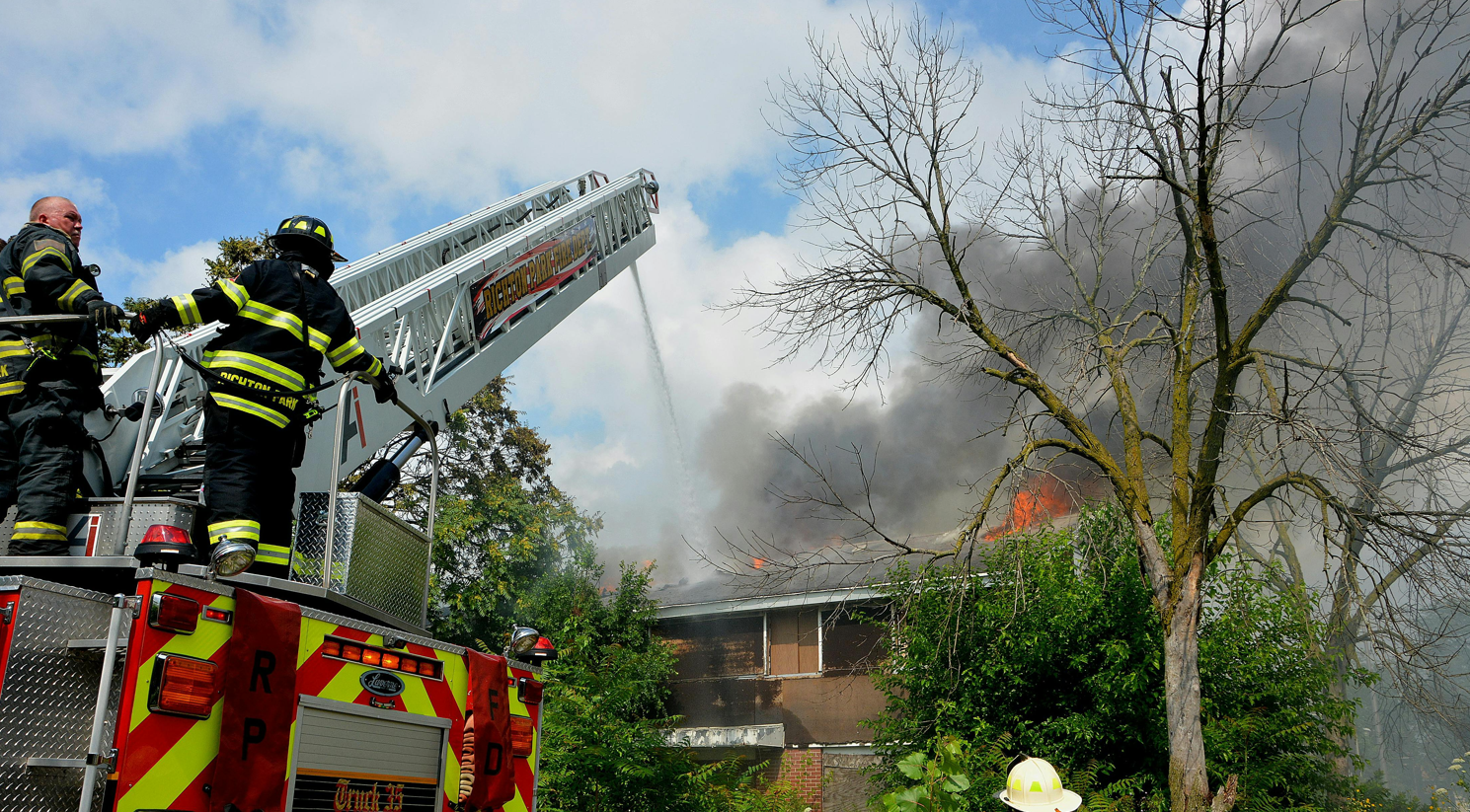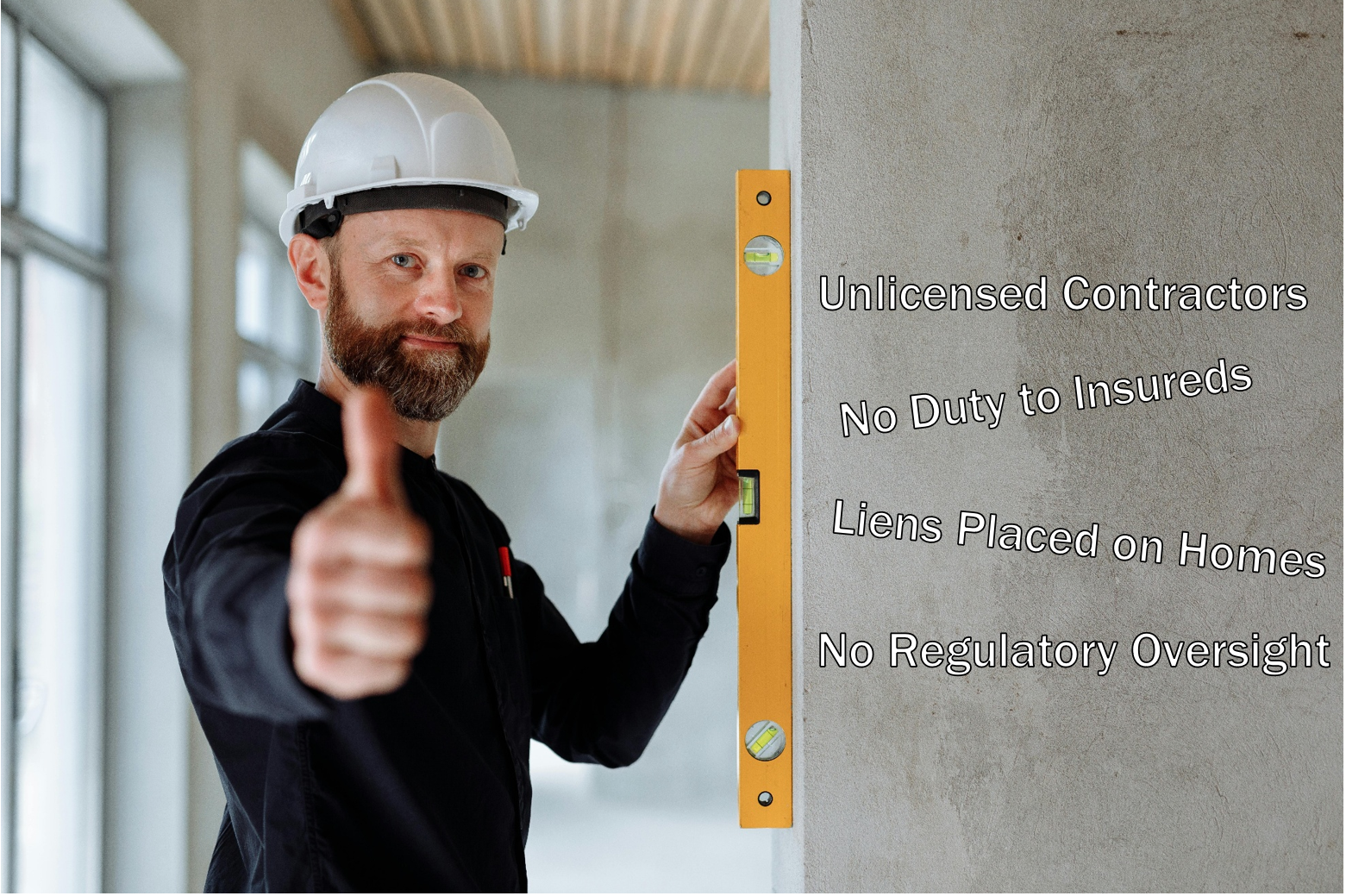The Takeaways
- Depreciation is defined as a loss of value in your property over a period of time.
- Generally, insurance policies are written on a Replacement Cost Value (RCV) basis.
- Depreciation is calculated by determining the RCV considering the item’s given life expectancy.
- Recoverable depreciation is deducted from your claim upfront but is paid back to you when repairs or replacement occurs.
So, you’ve been “adulting” very well and you prudently purchased an insurance policy to protect your property. But, why the depreciation deduction? Shouldn’t you get everything you're owed upfront?
What is Depreciation?
If you own any property of substantial value, chances are you have purchased an insurance policy to protect it. For most items, things like wear and tear, normal use, and age will property to decrease in value over time. This loss of value over time is known as depreciation.
For example, an average used car is worth less than when it was new because it has been driven a certain number of miles, the tires are likely worn, the paint may have some rust, and the interior may have some stains. Therefore, a loss of value has occurred. The same thought process can be applied to almost any property you own whether it be a car, a house, or the contents inside of the house.
Alright, I understand what depreciation is, but why is my insurance policy deducting it from my settlement?
In order to best understand how and why depreciation is applied to your insurance settlement, it is important to understand what kind of insurance policy you have in place. Most Homeowner’s policies and Business Owner’s policies are generally written as Replacement Cost Value (RCV) policies. This means the insurance company will pay you the current market value it takes to replace your damaged property, less your deductible.
However, the insurance company will reduce the initial payment for your property by applying depreciation upfront. This initial payment is referred to as the Actual Cash Value (ACV) payment. Once the item is repaired or replaced, the insurance company will issue you a subsequent check for the depreciated amount. This secondary payment is known as Recoverable Depreciation and when added to the initial ACV payment, it will equal the RCV of the property prior to a loss.
How is Depreciation Calculated For My Insurance Claim?
Depreciation can be subjective but it is generally calculated by determining the RCV considering the item’s given life expectancy. A seasoned Public Insurance Adjuster can help you determine and, in some cases, minimize the amount of depreciation applied to a claim.
By way of example, let’s suppose you spend $10k on a roof that has a life expectancy of 10 years. If the roof is in place for 5 years, its depreciation would be set at 50%. So, if it were to be damaged and required replacement, your ACV payment would be $5k. Once you replace the roof, you would receive another $5k for the recoverable depreciation. Of course, don’t forget, the insurance carrier will subtract your deductible as well!
Why the Deduction From My Settlement?
So, why can’t I get the RCV value upfront? Isn’t this why I have insurance?
The depreciation deduction must occur upfront. Since you’re a prudent person, you would never knowingly profit from a loss, would you? … at least not on purpose. The deduction upfront prevents someone from making a profit from their insurance loss. The concept of insurance is to share risk and be made only whole should you suffer a loss.
Let’s imagine that you experienced a house fire that everyone agrees caused $200k worth of damage to your house which is valued at $200k. Your insurance company pays your everything upfront… the whole RCV amount… the ACV and the depreciation, all upfront. When you get your check, you decide not to repair or replace anything. Instead, you sell your damaged house “As Is” to an investor. Now, since there was a fire, a contractor agrees to buy the house for $50k and is hoping to make repairs and flip the property. In this example, you profited from your loss. You were paid the RCV for the house/damage which equaled $200k and then you sold it for another $50k. When depreciation is taken upfront, it prevents this type of situation from occurring.
Hiring a Public Insurance Adjuster will ensure that you are receiving a thorough and maximized claim settlement. Specifically, a reduction in depreciation on a claim is considered an avenue that increases your financial settlement. Minimizing depreciation is especially helpful for folks who find themselves in a situation where they may not want to repair or replace a damaged item at all. Your Public Insurance Adjuster will provide the consulting you need to determine the best recovery given the details of your unique claim position.



